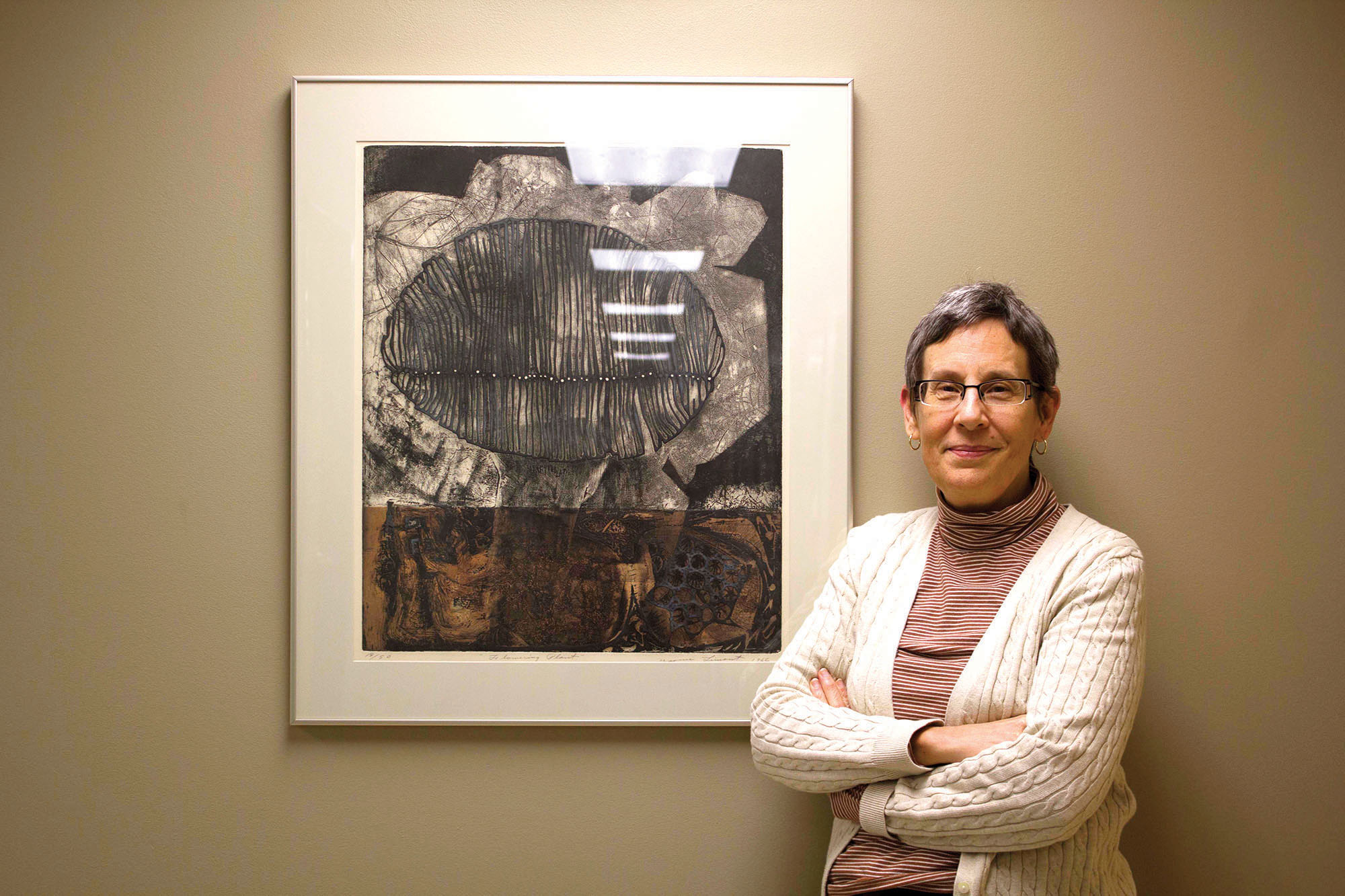Dr. Jo-Ann Brant is a professor at Goshen College, and chair of the department of Bible, religion and philosophy. Much of her academic work has focused on rhetorical content in the Gospel of John. She is a member of the Canadian Society of Biblical Studies and the Society of Biblical Literature. She is the program chair for the Society of Biblical Literature’s Johannine Literature Section, and is on the editorial board for the Journal of Biblical Literature.
Q: When is it that you started focusing on John’s Gospel?
A: John was so far off the map in my graduate work . . . When I first started teaching I was asked to teach a course on John, and well, can’t say no! It was while teaching that course that I began to really see things that interested me. It was a bit of a lark, the first paper I wrote. It was called “Husband Hunting In The Gospel of John.” I noticed a pattern in the material in women’s responses to Jesus in comparison with what was going on in the ancient novel, and it looked very much like courtship behavior. So I wrote a paper on that. I just found myself going back to it and going back to it.
Q: In your classes at Goshen, why do you focus on rhetorical analysis so heavily?
A: When I began teaching, I realized that studying Scripture at the undergraduate level, the way one has to do it at the graduate level—and at that point it was all historical-critical, historical criticism—was upsetting students, asking questions they really weren’t ready to ask. It didn’t give them enough time to come to a happy resolution at the end. And secondly, it was just a tense thing to do in the context of a church college. So I shifted my focus to more literary criticism. Not just because it was safe, but because I thought that this is a more rewarding thing to do for an undergraduate. To have them read, and read well, and get as much out of what they were reading as possible.
Q: What is it about the ancient fiction that interested you so much?
A: Well, I think people working in ancient fiction have a lot of freedom that you don’t have when you’re looking in Scripture. You can say stuff and it’s not going to offend anybody because these documents were made up! They’re fiction! And so it gives you a lot more freedom to look at a wide range of topics and questions about religiosity, and about narrative structures, and then move back to the Gospels and see what applies. It’s a fun body of literature to look at. Looking at these other bodies of literature, in my case looking at Greco-Roman theatre, and in other people’s cases the novels, has given them some new insights and new, fresh ways of looking at Christian and Jewish literature.
Q: What’s one of the best reviews your work had received, or one that meant a lot to you personally?
A: Well, I think what meant the most was not the review, but the book blurb. When my first book arrived, I got it before it was released. I opened up the package and I looked on the back, and there was this blurb from R. Allen Culpepper, who is the leading scholar of the Gospel of John. He initiated a sort of a revolution in terms of methodology in the study of John. Anyways, he said nice things. So, that was the one. And so I wrote him a thank-you note, and then he wrote back and he said, “I’ve written countless blurbs serving for people’s books, and nobody’s ever thanked me before!”
Q: How has working in the Society of Biblical Literature impacted your academic work?
A: The affiliation with the Society of Biblical Literature has given me some structure that has kept me working at my own stuff. Without due dates, nothing gets done. It takes a great deal of discipline to get things produced without somebody out there saying, “I’m expecting this to be done at this particular time.” It’s given me places to test out ideas, and a supportive community for doing that. The ancient fiction group has been really critical. That core group of people has been extremely supportive and made good suggestions for most of my early work before the commentary. And if you look at each other’s publications, there’s always some sort of thank you to the group. People think of writing as a lonely pursuit, but it’s not.



